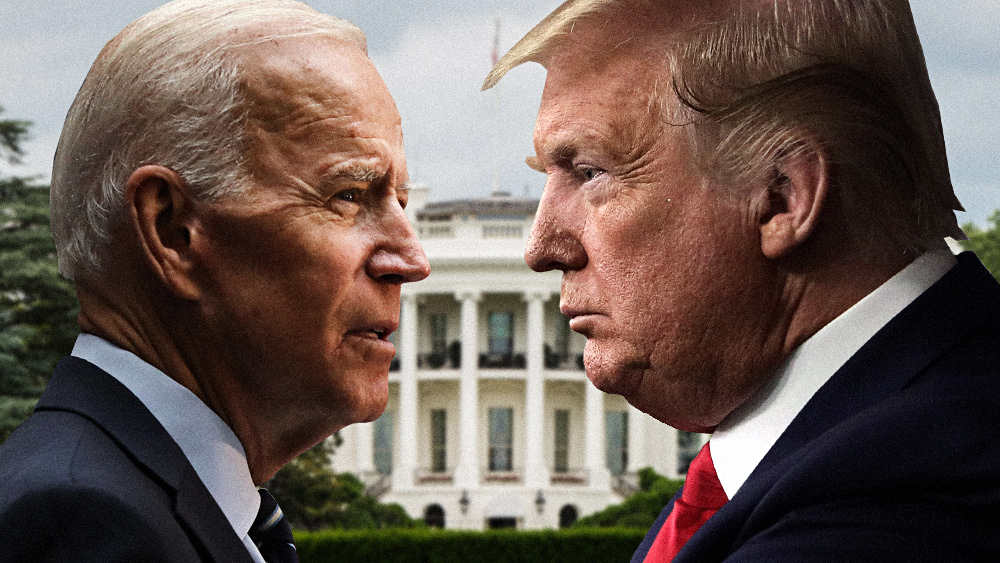- U.S. Attorney Matthew Graves, appointed by President Biden, will resign effective January 16, 2025, just before President-elect Donald Trump’s inauguration, amid widespread speculation and controversy.
- Graves oversaw the largest investigation in DOJ history, charging over 1,424 individuals involved in the January 6 Capitol breach, with plans to prosecute up to 2,000 defendants before the statute of limitations expires.
- Critics accuse Graves of weaponizing the DOJ to target Trump supporters, with many conservatives viewing the January 6 prosecutions as politically motivated and disproportionate to the events.
- Graves faced scrutiny for declining to prosecute Hunter Biden for alleged tax violations and for low prosecution rates in D.C. amid rising violent crime, attributing the latter to the decertification of the city’s crime lab.
- Graves’ tenure, marked by polarizing actions and accusations of favoritism, leaves a contentious legacy as the DOJ prepares for potential shifts under a Trump administration.
In a move that has sparked widespread speculation, U.S. Attorney Matthew Graves, the Biden-appointed prosecutor who oversaw the unprecedented prosecution of January 6 defendants, has announced his resignation. Graves, who has been at the center of numerous controversies, will step down effective January 16, 2025, just days before President-elect Donald Trump is set to take office.
Graves, appointed by President Biden in November 2021, has been a polarizing figure in the Justice Department. His tenure was marked by aggressive prosecutions of individuals involved in the January 6, 2021 Capitol breach, which he described as the largest investigation in the department’s history. Under his leadership, more than 1,424 individuals were charged across nearly all 50 states, with the DOJ boasting of its “scalp count” in press releases. Graves had even stated his intention to bring the total caseload to at least 2,000 defendants before the statute of limitations expires.
Critics have accused Graves of weaponizing the Justice Department to target political opponents, particularly those associated with the Trump movement. His refusal to halt prosecutions until President-elect Trump’s inauguration next month has only fueled these allegations. Many conservatives view the January 6 prosecutions as politically motivated, arguing that the severity of the charges far exceeds the nature of the four-hour disturbance.
But Graves’ controversies extend beyond the January 6 cases. He has faced intense scrutiny for his handling of other high-profile matters, including his decision not to prosecute Hunter Biden for alleged tax violations. IRS whistleblower Gary Shapley revealed that Graves declined to partner with Delaware U.S. Attorney David Weiss on tax charges against the president’s son, allowing the statute of limitations to expire for some years of non-payment.
During congressional testimony, Graves defended his decision, claiming that it would be impractical to “get up to speed on everything” in an ongoing investigation. He likened the situation to “buying a mansion without an inspection,” suggesting that taking on the case would have been too risky. This explanation has done little to quell accusations of favoritism and a lack of accountability for the Biden family.
Graves’ office, which uniquely prosecutes both federal and local crimes in Washington, D.C., has also been criticized for its low prosecution rate during a surge in violent crime. In fiscal year 2022, a staggering 67% of cases involving arrests were not charged by his office. Graves attributed this to the decertification of D.C.’s crime lab, though he acknowledged that “there were absolutely too many cases where we wanted to go forward and couldn’t go forward.”
Graves had a controversial tenure
Despite these challenges, Graves expressed gratitude in his resignation statement, calling his role as U.S. Attorney for the District of Columbia “the honor of a lifetime.” He thanked D.C. Delegate Eleanor Holmes Norton for recommending him, President Biden for nominating him, and Attorney General Merrick Garland for placing his trust in him.
Graves’ departure comes at a critical juncture, as the Justice Department prepares for a potential shift in priorities under a Trump administration. Principal Assistant U.S. Attorney Bridget M. Fitzpatrick is expected to take over as Acting U.S. Attorney, but the legacy of Graves’ tenure will undoubtedly remain a topic of heated debate.
For many conservatives, Graves’ resignation is a long-overdue reckoning for a prosecutor they believe prioritized political vendettas over justice. As the nation looks ahead to a new administration, the question remains: will the Justice Department restore its commitment to impartiality, or will the politicization of law enforcement continue to erode public trust?
One thing is certain: Matthew Graves’ tenure will be remembered as one of the most controversial in recent history, leaving a lasting impact on the Justice Department and the American legal system.
Sources include:
